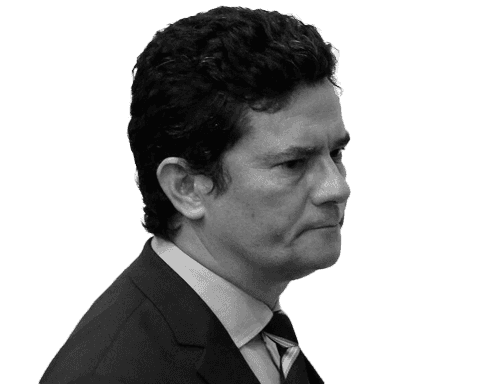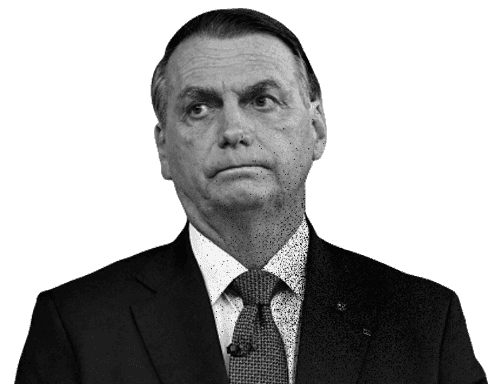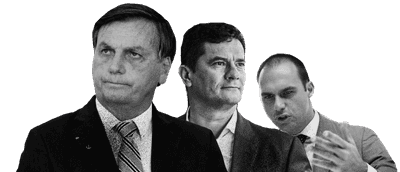After graduating from the State University of Maringá, he served as a federal judge and later attended a summer school program on money laundering at the Harvard Law School. WikiLeaks has also revealed that in 2007, Moro participated in a three-week International Visitor Leadership Program sponsored by the US Department of State.
In 2015, he rose to fame during the anti-corruption Lava Jato case, which ultimately led to Lula da Silva’s imprisonment. Moro’s methods were unconventional — imposing sentences at a breakneck speed, releasing wiretapped conversations between Dilma Rousseff and Lula to the press, and adopting a vigilante attitude despite his legal standing. An analysis by Folha de São Paolo revealed that throughout 2018, 60% of the decisions made by the Supreme Court were conservative in ideology, whilst only 33% were progressive.
Yet, despite Moro’s biases, he was dubbed an “anti-corruption crusader” by many and hailed in the international press. A New York Times profile said Moro had become “the face of the national reckoning for Brazil’s ruling class,” Netflix released a series based on Lava Jato called The Mechanism, and he was on Fortune’s “The World’s 50 Greatest Leaders list.” Moro also received the 2018 Person of the Year Award from the Brazilian American Chamber of Commerce in New York, as well as an award from catholic university Notre Dame.
In 2019, The Intercept leaked conversations between Moro and head prosecutor Deltan Dallagol, which blew the lid off Lava Jato’s political aspirations — and revealed his collaboration with US authorities. During his tenure as Bolsonaro’s Minister of Justice, he expanded Brazil’s legal cooperation with the United States, meeting with David Brassanini (the FBI chief in Brazil), US Treasury advisors, and more, to discuss how to support the use of biometrics and surveillance units on the Triple Border of Brazil, Argentina and Paraguay — a model inspired by the Drug Enforcement Agency’s center on Mexico’s border.





